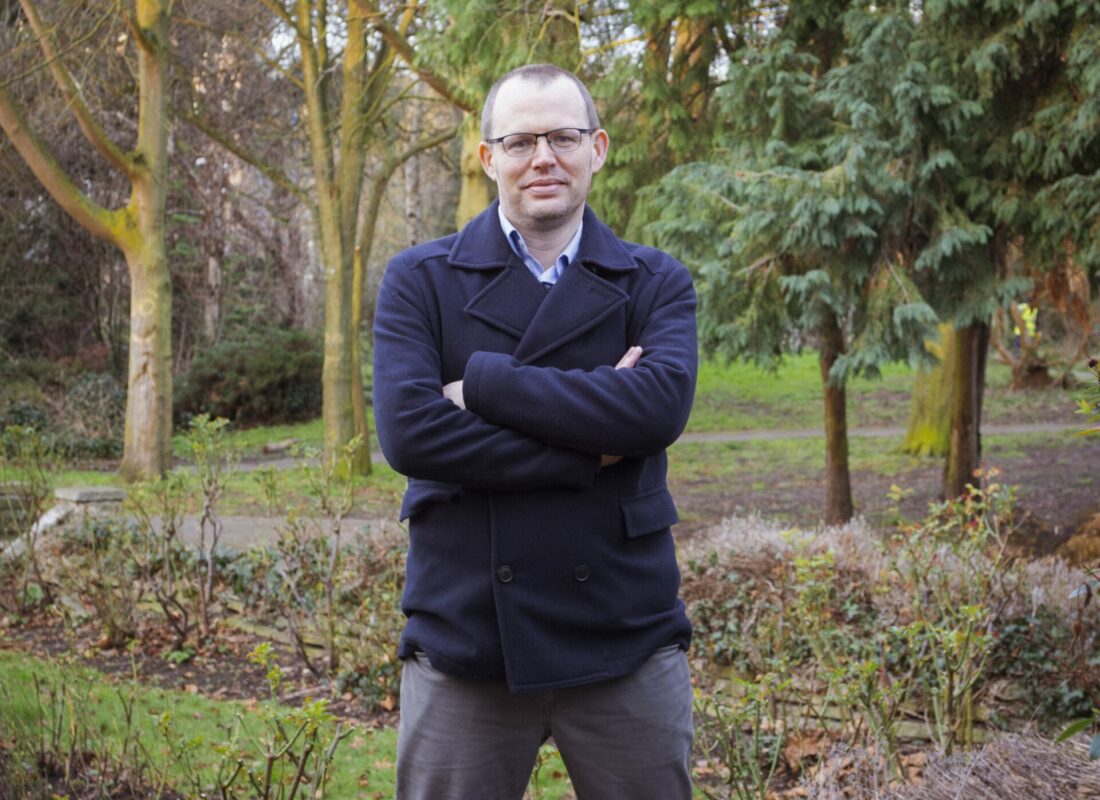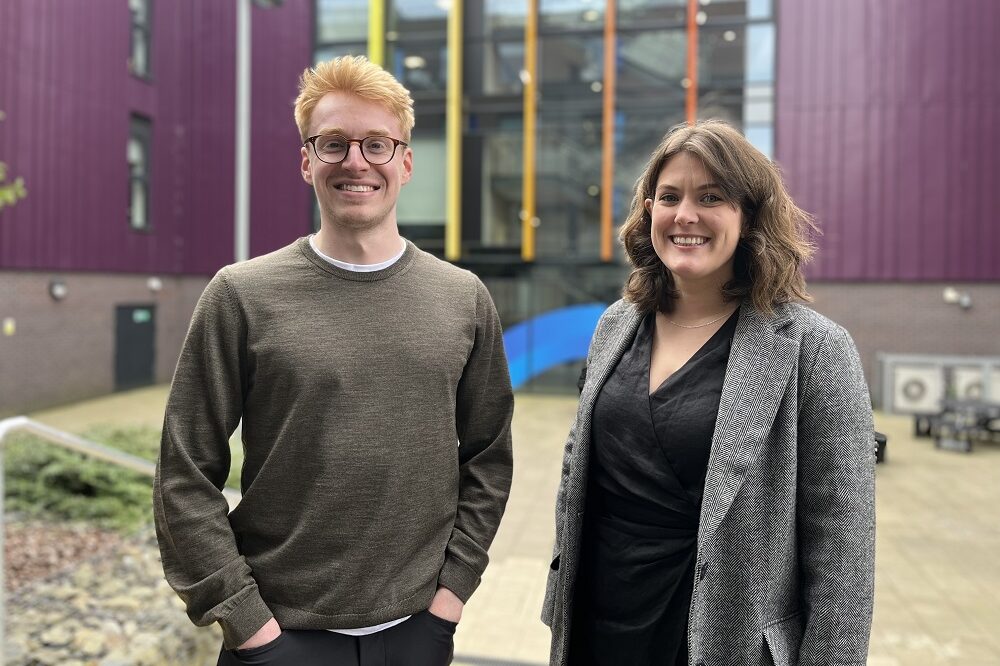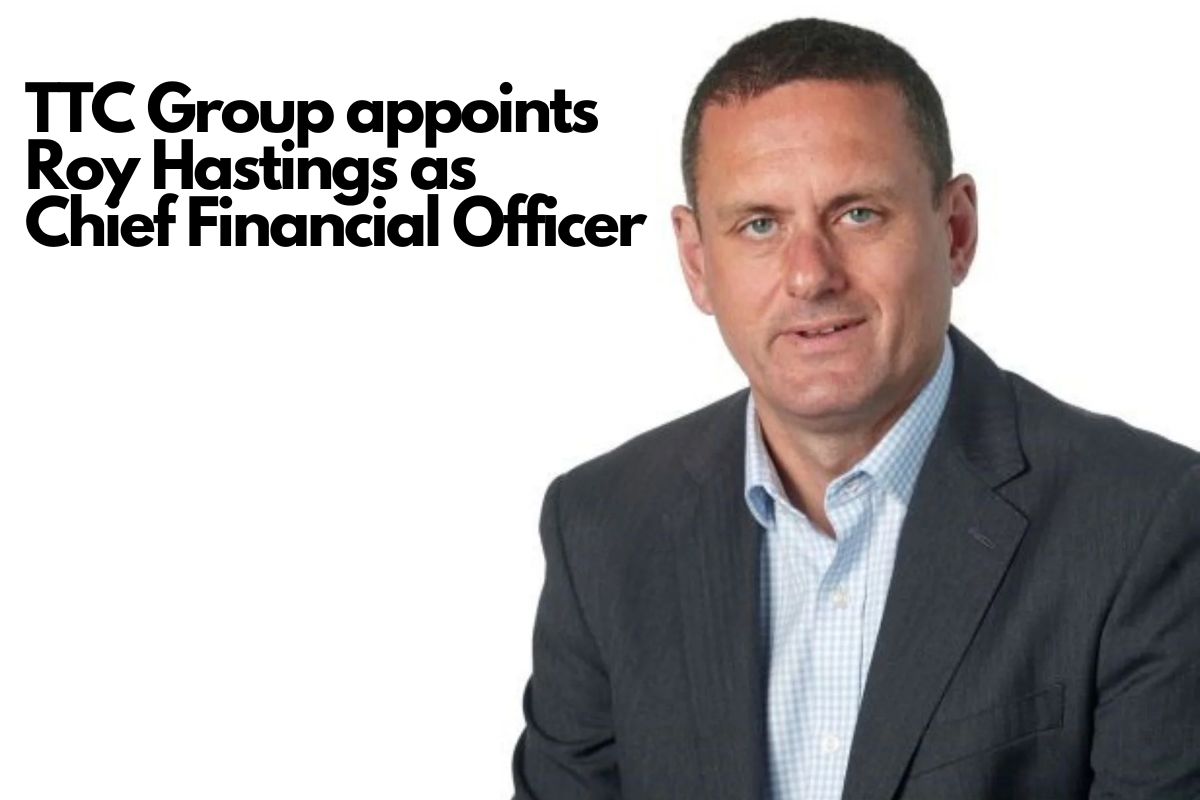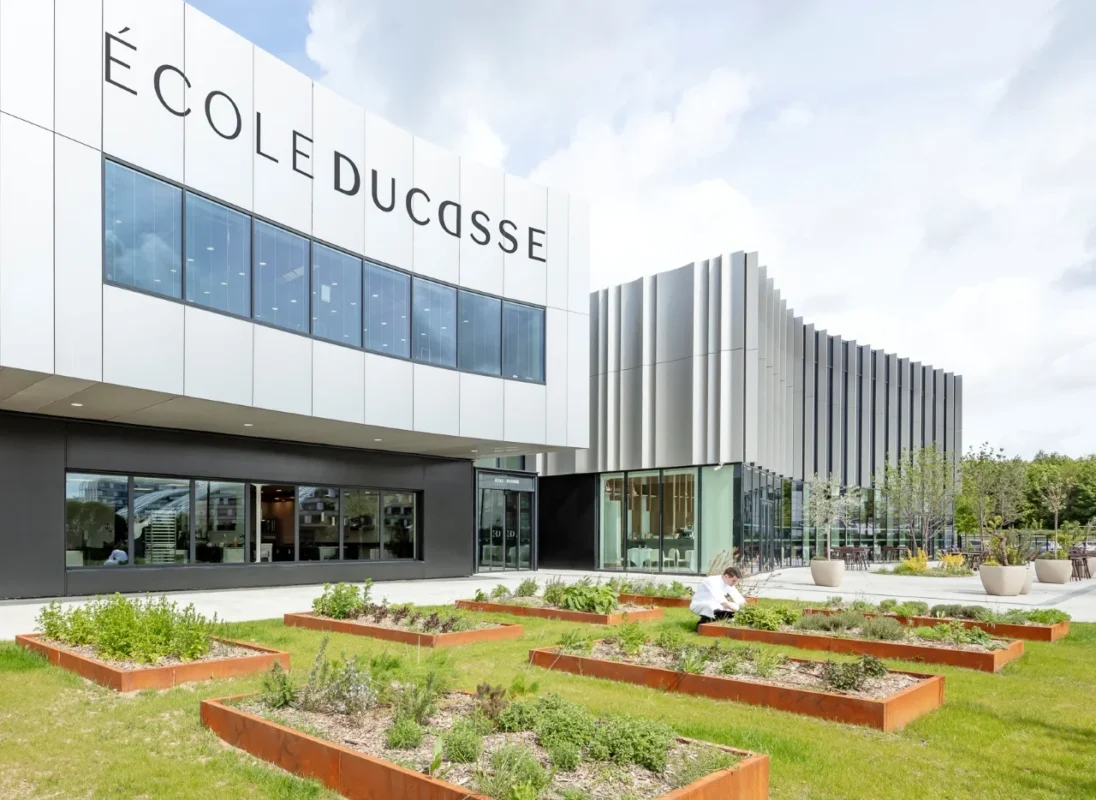World-leading academic Dr Nicholas Cummins joins Thymia as Chief Science Officer

Dr Nicholas Cummins, a world-leading academic and lecturer in AI for speech analysis at the Institute of Psychiatry, Psychology & Neuroscience (IoPPN), King’s College London, is stepping into the start-up world and taking up an additional role as Chief Science Officer at healthtech Thymia.
Co-founded by neuroscientist Emilia Molimpakis and theoretical physicist Stefano Goria, Thymia is developing AI-powered video games, based on Neuropsychology protocols, to make mental health assessments faster, more accurate and objective. The startup raised £780k in pre-seed funding last year to develop their technology, expand their team and bring their pioneering mental health assessment tool to market. The round was led by Kodori AG and Calm/Storm.
As Chief Science Officer, Dr Cummins will draw on a decade of research into how multi-modal machine learning can help our understanding of mental health conditions to develop Thymia’s AI and machine learning technology. His work will focus on ensuring Thymia’s models are as effective as possible at ethically and conclusively detecting digital makers associated with mental illness. He will also carry out in-depth analyses of the rich physiological data collected by Thymia to better understand how cognitive and neurological disorders operate and manifest. His analyses will be used to iterate and enhance the product on an ongoing basis, to ensure the platform’s clinical outputs are based on the very latest scientific research. As Chief Science Officer, Dr Cummins will also lead ongoing investigations into how Thymia’s technology can be applied to a wide range of mental health conditions.
Dr Cummins comments:
“The application of machine learning to mental health conditions has been the focus of my career ever since my Bachelor’s degree. So joining the Thymia team felt like a natural fit – and one which I’m hugely excited about. In my new role I’ll be applying and expanding the research I’ve carried out in my career thus far. I’m looking forward to transferring my knowledge to new environments and real-world challenges. Thymia is building tools which can directly improve patients’ lives and have a real human impact. I can’t think of anything more rewarding than that.”
Dr Cummins will bring many years’ academic, scientific and health sector expertise to his new role. His current research focuses on speech processing, affective computing and multisensory signal analysis, as well as the use of machine learning to understand mental health conditions. He has a PhD in Electrical Engineering and has collaborated in landmark projects focusing on speech analysis in medicine with prestigious academic institutions worldwide. He currently teaches a module on Artificial Intelligence in Healthcare Analytics on the Applied Statistical Modelling and Health Informatics postgraduate course at KCL, and has previously written and delivered courses in Deep Learning and Speech Pathology.
Dr Cummins will be working at Thymia alongside his existing roles as Lecturer in AI for Speech Analysis at King’s College London.
Emilia Molimpakis, CEO and co-founder of Thymia, comments:
“We couldn’t be more excited to be welcoming Dr Cummins onto the team. His wealth of technical knowledge and expertise around what we’re building knows no bounds and we’re honoured that he has chosen to join us at such a crucial time in our journey.
“Nick will play a pivotal role in developing the fundamental machine learning models that underpin the Thymia platform as we prepare to roll out to clinics later this year. His expertise will be invaluable in ensuring our AI models are robust, ethical and as accurate as possible, so that we can deliver the very best clinical outputs. He has a vital role to play in ensuring we’re constantly improving and innovating to empower clinicians with better tools – and to ensure patients are receiving the very best care for their mental health.”
About Thymia
The Thymia platform uses AI technology inspired by video games to transform the way we diagnose and monitor depression. Instead of answering questionnaires, patients will play specially designed video games on the platform which use cutting-edge Neuropsychology, Linguistics and machine learning to detect signs of mental illness as well as monitor whether patients are responding to treatment over time.
The video game-style activities test for a number of depressive cues. The games include verbally describing animated scenes and memorising moving objects like bees. While users complete the games, the Thymia software anonymously analyses three key data streams:
- Voice: both how someone speaks and what they are saying (to pick up acoustic and linguistic depressive cues)
- Video: micro-expressions and eye-gaze (which can help track current mood)
- Behavioural measures, including tapping, reaction times and error rates (which can help detect depression severity and treatment response)
The software identifies data patterns indicative of depression and other mental illnesses to help pinpoint a diagnosis more quickly and accurately. Crucially, through longitudinal assessments it will also show if any treatments (whether therapies or medications) are working over time. This could save clinics significant amounts of time and money as they’ll be able to identify the right combination of treatments for a patient more efficiently.
In addition, the platform enables patients to play games and activities whilst at home in between in-person appointments, enabling clinicians to continuously and remotely monitor patients for the first time. This will help both doctors, but also patients build an in-depth understanding of their condition over time.
Thymia’s depression model is set to be rolled out later this year. The team is also looking to apply the technology to conditions including Alzheimer’s Disease, Lewy Body Dementia, Parkinson’s Disease, Anxiety, ADHD and Autism and will soon start gathering Proof of Concept data for these through its academic and clinical partnerships. For more information visit www.thymia.ai.











Responses